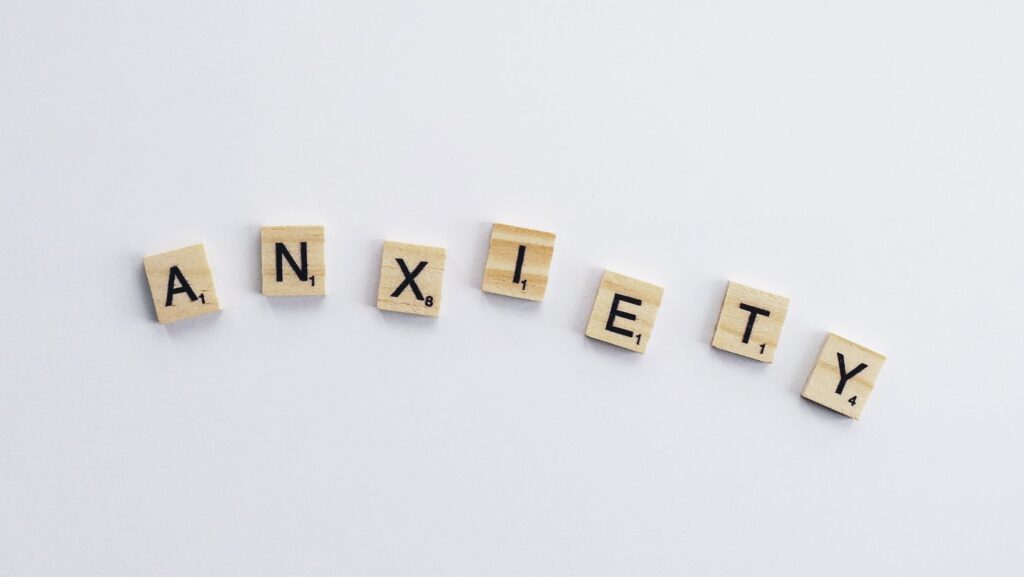
Feeling anxious from time to time is a part of life, but when does it become a cause for concern? If anxiety starts interfering with your daily activities, it might be a sign to look deeper. When your anxiety feels overwhelming and persistent, it could be more than just a normal reaction to stress, and reaching out for help might be the right step for you.
Online care for anxiety offers a convenient and accessible way to address your concerns, especially if visiting a doctor in person feels daunting. With the option to consult an online anxiety doctor in California, you can explore treatment options from the comfort of your home. This approach allows you to connect with professionals who understand your situation and can provide the support you need.
Recognizing the signs that your anxiety might require professional attention is required. Increased heart rate, excessive worry, and trouble sleeping indicate that it may be time to seek guidance. By addressing these issues early, you can regain control of your mental well-being and improve your quality of life.
Understanding Anxiety and Its Disorders
Anxiety can present in many ways, from normal stress responses to more severe conditions that impact daily life. Recognizing the differences is key to managing your well-being.
Distinguishing Between Normal Anxiety and Anxiety Disorders
You may feel normal anxiety before a big event, like a test or job interview. It helps you stay alert and focused. When anxiety becomes overwhelming and persistent, affecting your daily activities, it might be an anxiety disorder.
Anxiety disorders can interfere with work, school, and personal relationships. They often involve intense feelings that last longer than six months. If anxiety disrupts your social or occupational life, it might indicate a more severe condition. A mental health professional can provide a proper diagnosis.
Common Types of Anxiety Disorders
There are several types of anxiety disorders, each with unique characteristics. Generalized Anxiety Disorder (GAD) involves persistent worry about various things. Panic Disorder includes sudden, intense bouts of fear called panic attacks. Social Anxiety Disorder means a strong fear of being judged in social situations.

Specific phobias involve fear of particular objects or situations like heights or flying. Separation Anxiety Disorder often starts in childhood, with fear of being apart from loved ones. Obsessive-Compulsive Disorder (OCD) involves unwanted repetitive thoughts and behaviors. Agoraphobia means fear of places where escape might be hard. Selective Mutism occurs when someone chooses not to speak in certain social settings.
Recognizing the Symptoms of Anxiety
Symptoms of anxiety disorders can vary but may include excessive worry, trouble sleeping, and difficulty concentrating. Panic attacks are a common symptom involving sudden chest pain and overwhelming fear. Physical symptoms like headaches or digestive issues may also occur.
Social withdrawal and avoidance of certain situations can indicate an anxiety disorder. Pay attention to your symptoms and how often they occur. These signs often accompany other conditions like depression or stress. Understanding your symptoms can help you decide whether to seek advice from a healthcare provider. Recognizing these signs may help you take the first step toward managing them more effectively.
Approaches to Treatment and Management of Anxiety
In addition to conventional therapy and medication, Online functional medicine can be a valuable approach for those managing anxiety. Functional medicine focuses on understanding the root causes of anxiety, considering lifestyle, nutrition, and environmental factors that may contribute to mental health. With online functional medicine, patients can work with healthcare providers to explore personalized strategies to alleviate symptoms, enhancing the impact of traditional treatment options and offering a more holistic approach to well-being
Professional Evaluation and Diagnosis
A mental health professional can help you understand whether your anxiety is a normal response or something more serious. They assess symptoms like persistent worry and physical signs of anxiety. Often, a thorough evaluation includes reviewing your family history of anxiety and any other mental health disorders. The DSM-5 criteria are typically used to diagnose anxiety disorders. If you experience severe symptoms like suicidal thoughts, contacting a healthcare provider promptly is important for safety and proper care.
Therapeutic Methods for Managing Anxiety
Therapeutic approaches, like psychotherapy, play a key role in anxiety treatment. Cognitive Behavioral Therapy (CBT) is a common talk therapy known for its effectiveness. It helps you manage thoughts and behaviors related to anxiety. Practices like yoga and meditation can also reduce stress and improve coping strategies.

Consistency in therapy sessions and practicing learned skills are important for long-term success. Lifestyle changes like regular physical activity can further support mental well-being.
Medication and Its Role in Treating Anxiety
Anxiety medications are an option for some people. These include anti-anxiety medications and other prescription medicines, often prescribed by a healthcare provider. They can be a part of an effective treatment plan when combined with therapy. It is important to be aware of potential side effects. Regular consultations help guarantee the medication is working and address any side effects. Medications are often tailored to meet your specific needs and are adjusted as necessary over time.
Conclusion
Understanding whether your anxiety is normal or indicates you should see an online doctor is important for your mental health. Anxiety is common, but when it starts to affect your daily life, it might be a sign to seek help.
Consider symptoms like intense worry or difficulty in completing daily tasks. These can be indicators that professional guidance could be beneficial.
An online doctor can help determine if your symptoms align with an anxiety disorder and suggest appropriate treatment options. Remember, reaching out for help is a positive step towards feeling better.












